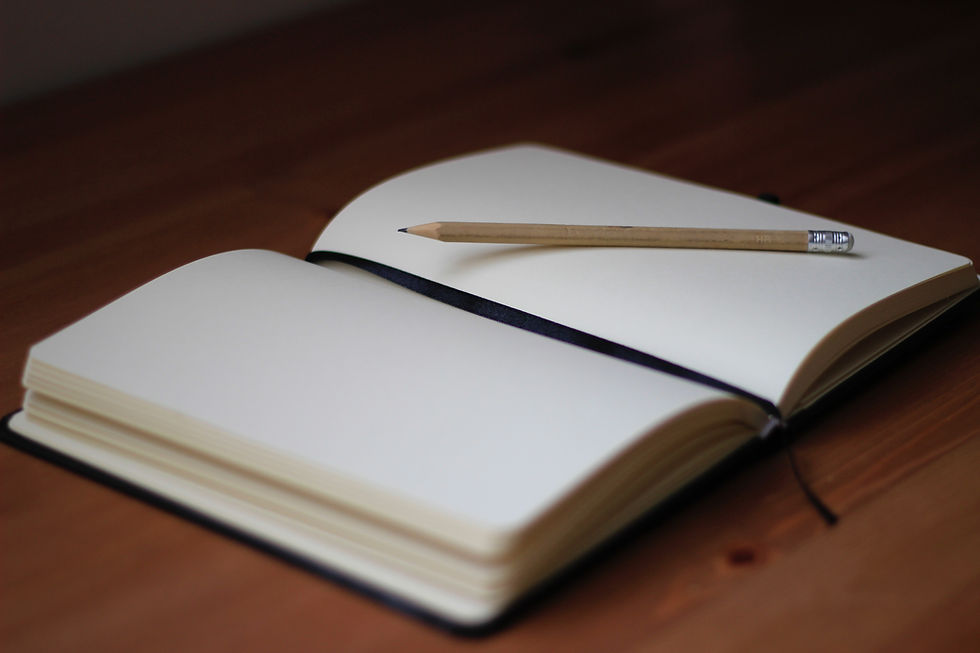
Journaling is a versatile and powerful tool that can greatly contribute to one's well-being. Here are some avenues to consider in starting or enhancing your journaling practice:
Gratitude Journaling: Expressing gratitude in a journal can shift focus to positive aspects of life, fostering a more optimistic mindset and improving overall well-being. Taking time in our days to bring awareness and focus to what brings us joy aids in creating resilience when confronted with distress.
Self-Reflection Free Writing: Journaling provides a space for self-reflection, allowing individuals to explore their thoughts, feelings, and experiences. This process of writing down our inner thoughts and feelings aids in self-discovery and personal growth.
Worry Time and Problem Solving: Dedicate specific time in your journal for worries or concerns. This practice helps in containing worries, allowing you to analyze them objectively and strategize solutions.
Adaptability and Exploration: A journal practice can adapt and change over time. Exploring various journaling techniques or prompts to find what resonates best with you at different stages of life builds psychological flexibility.
Affirmations and Self-Reminders: Writing affirmations or positive self-reminders in a journal reinforces positive beliefs, boosts self-esteem, and serves as a source of encouragement during challenging times.
Tracking Energy and Well-Being: Note periods when you feel energetic, fulfilled, or in a state of flow. Reflecting on these moments can provide insight into activities or circumstances that positively impact your well-being and serve as a reminder when you notice energy levels start to feel lower.
Goal Setting and Progress Tracking: Use journals to set goals, record progress, and celebrate achievements. Tracking progress can enhance motivation and provide a sense of accomplishment. Giving ourselves credit for our efforts and growth serves as a reminder when we feel stuck.
Creative Expression: Also keep in mind that journaling doesn't always have to be writing based. Using art, doodling, or creative expression as a form of journaling to tap into different aspects of emotions and experiences is impactful. Creating vision boards and saving inspiring materials is another avenue of self expression.
Emotional Release and Stress Reduction: Writing about emotions can serve as a form of catharsis, reducing stress and promoting emotional regulation by putting feelings into words. I encourage clients to use letter writing as another form of journaling that can release unsaid thoughts and provide a sense of closure to these thoughts.
Mindfulness Practice: Engaging in mindful journaling, where one focuses on the present moment while writing, can increase self-awareness and mindfulness. This form of journaling can aid in building a daily mindfulness practice, noticing when other thoughts arise and practicing a non-judgemental approach to reroute back to the present.
It's important to emphasize that there's no right or wrong way to journal, it's a practice that can take many forms and change over time. I encourage clients to find a journaling style that resonates with them and supports their well-being, allowing them to explore, process, and grow through their journaling practice.
Comentarios